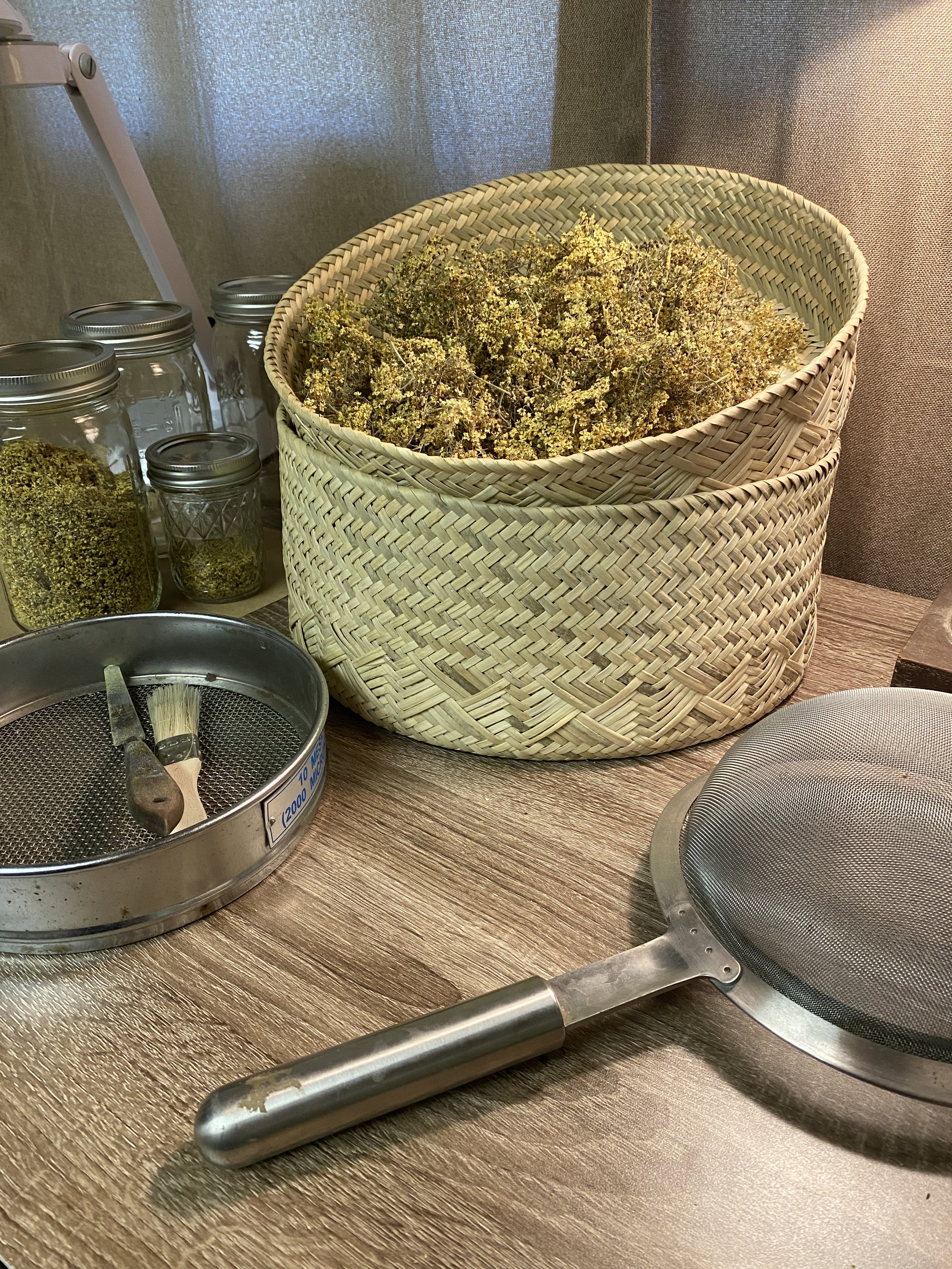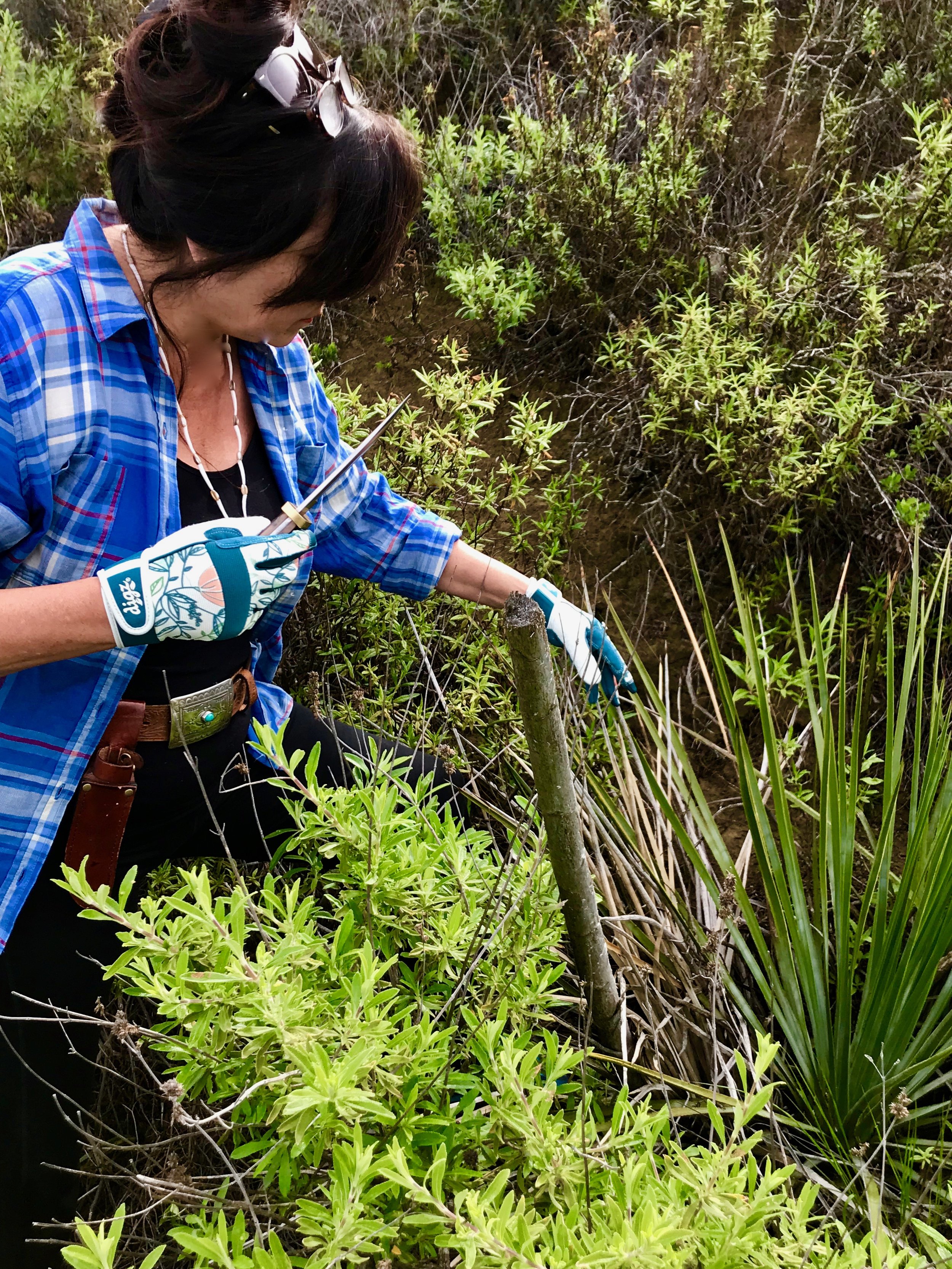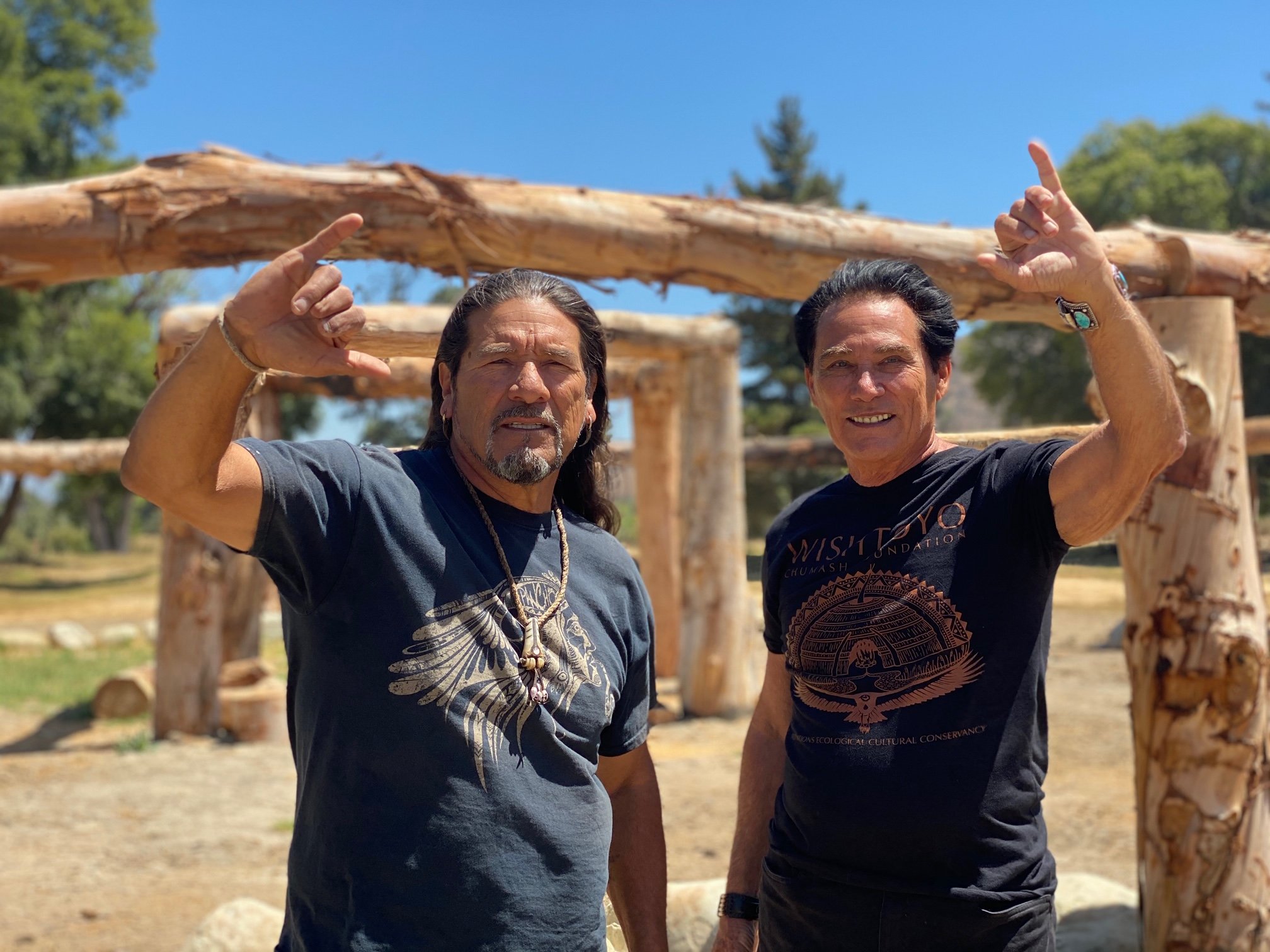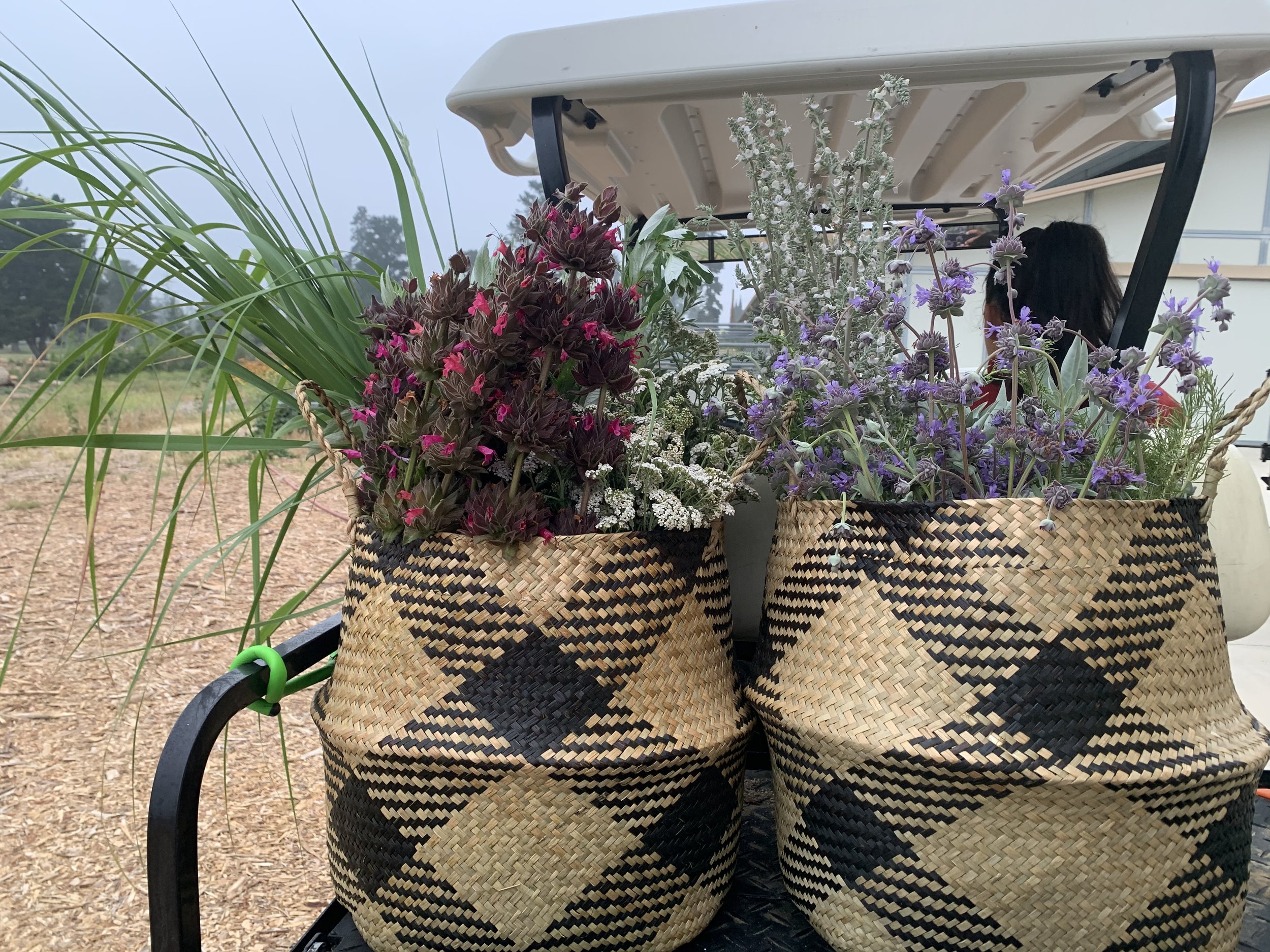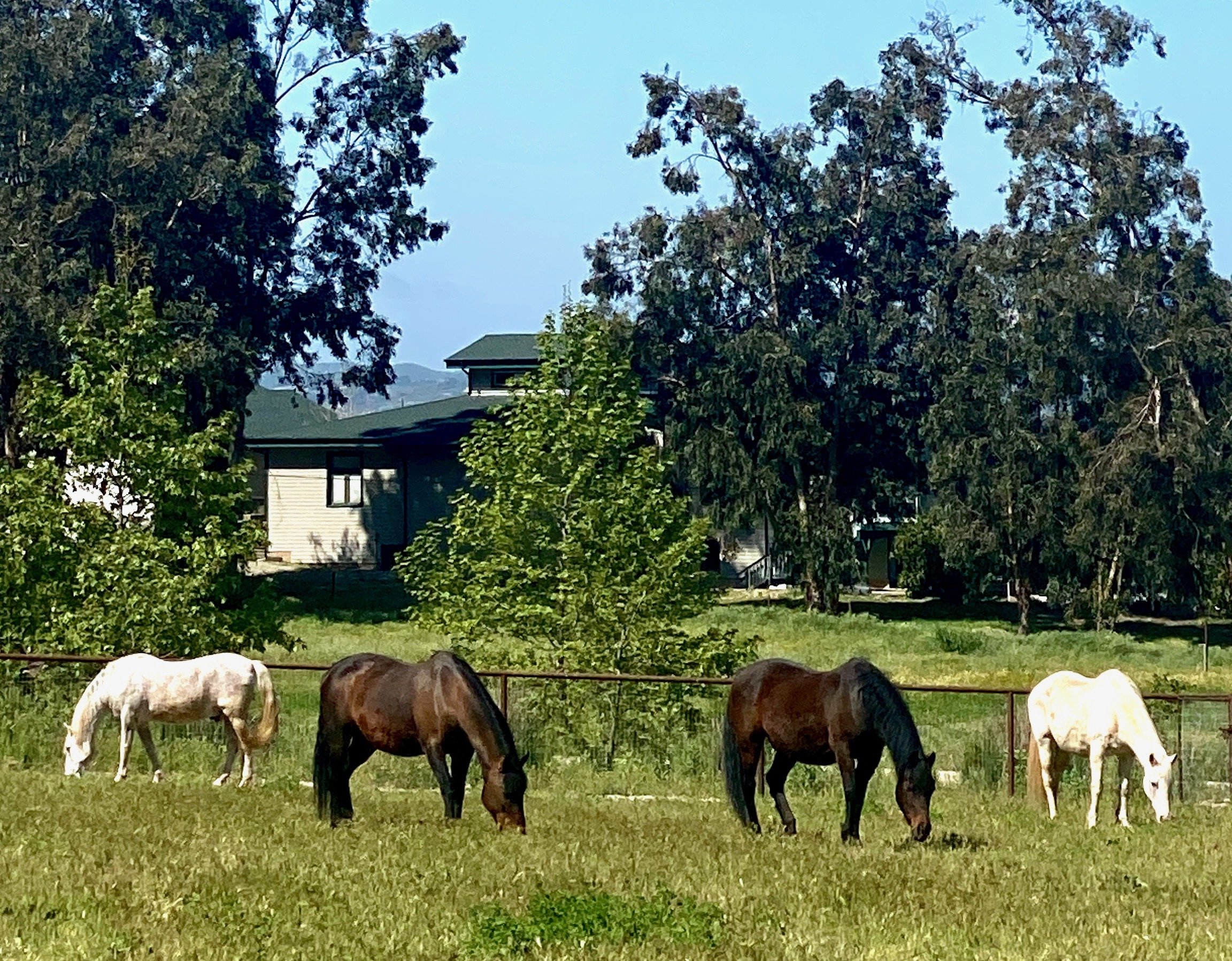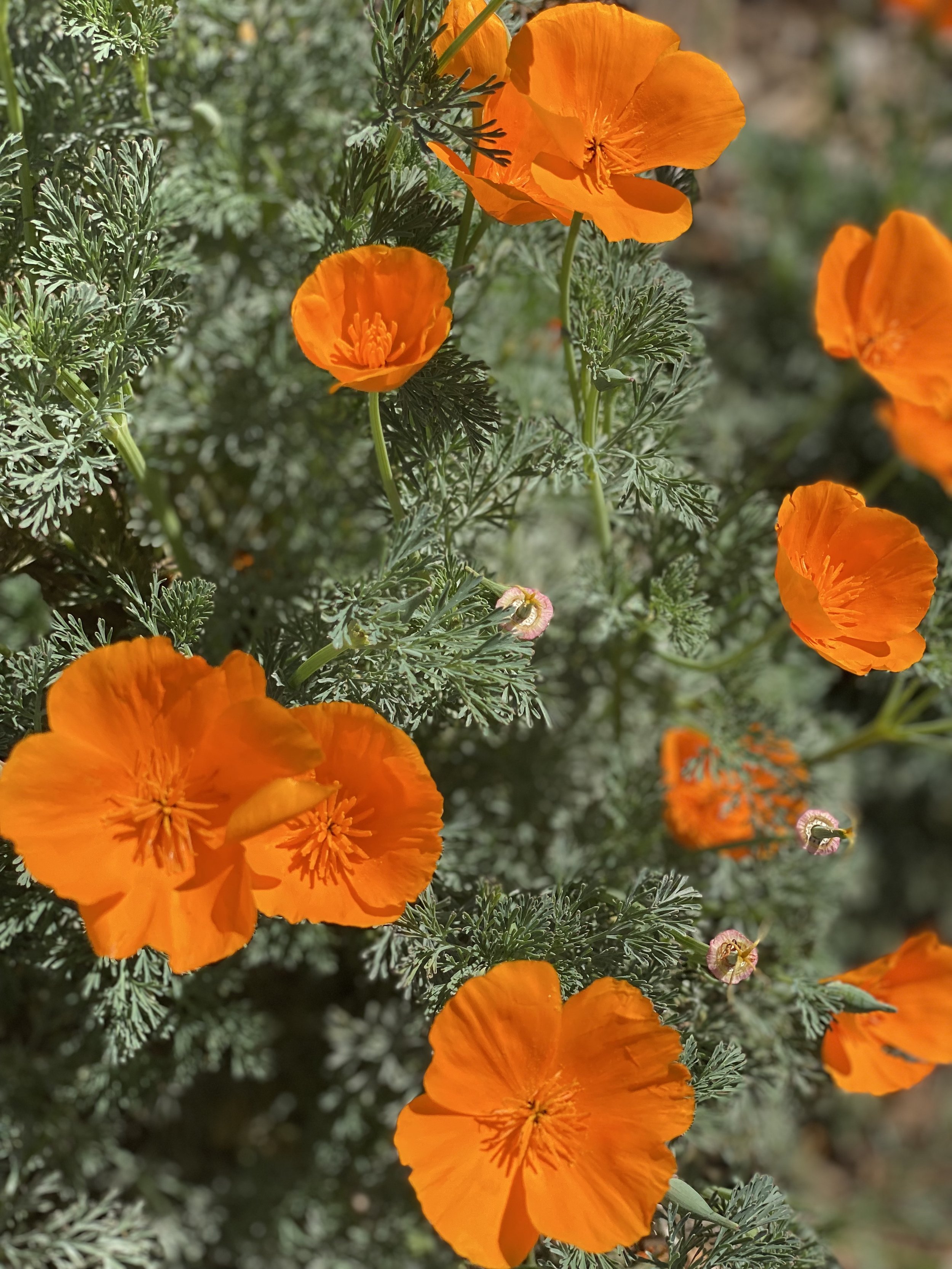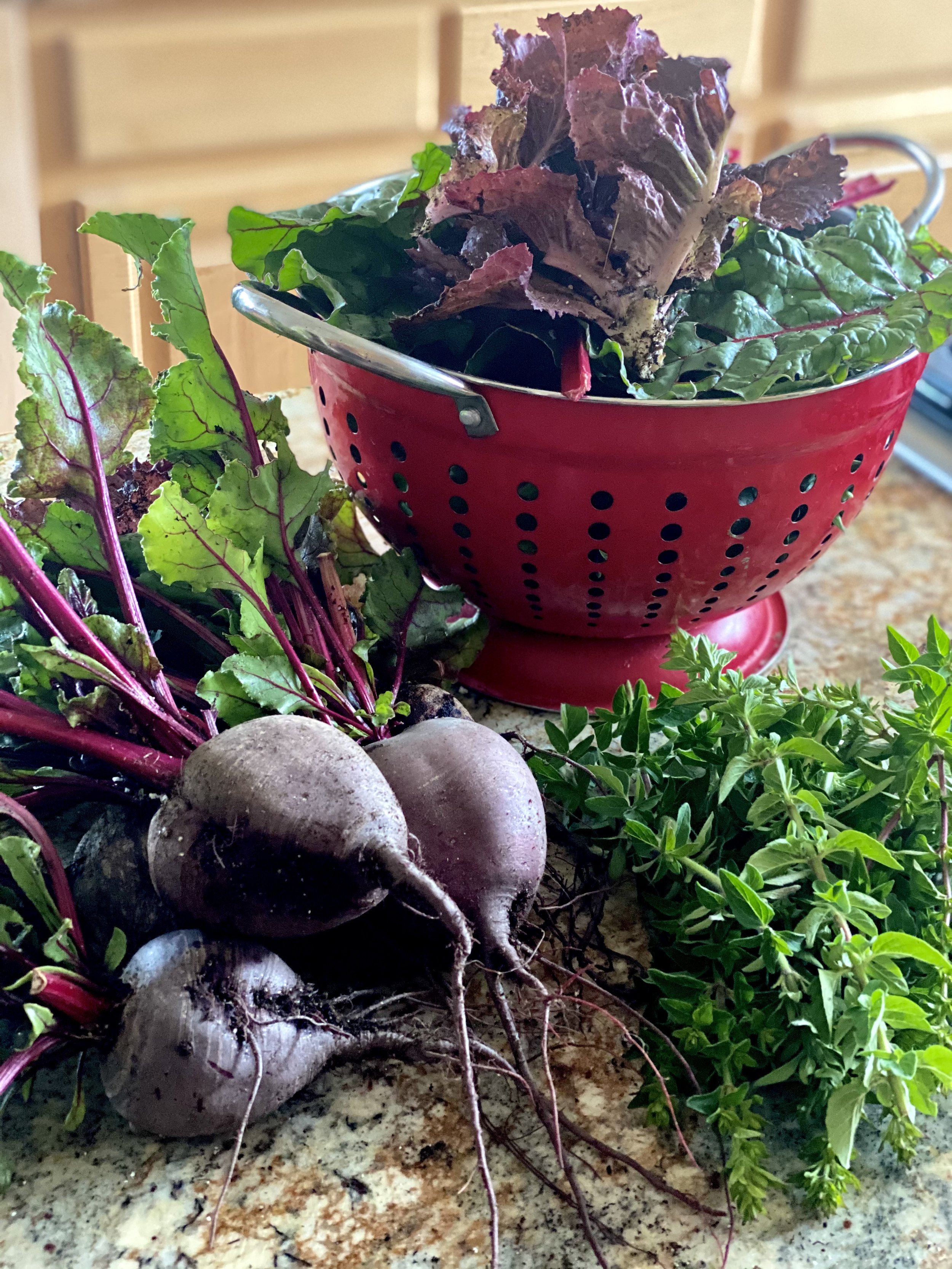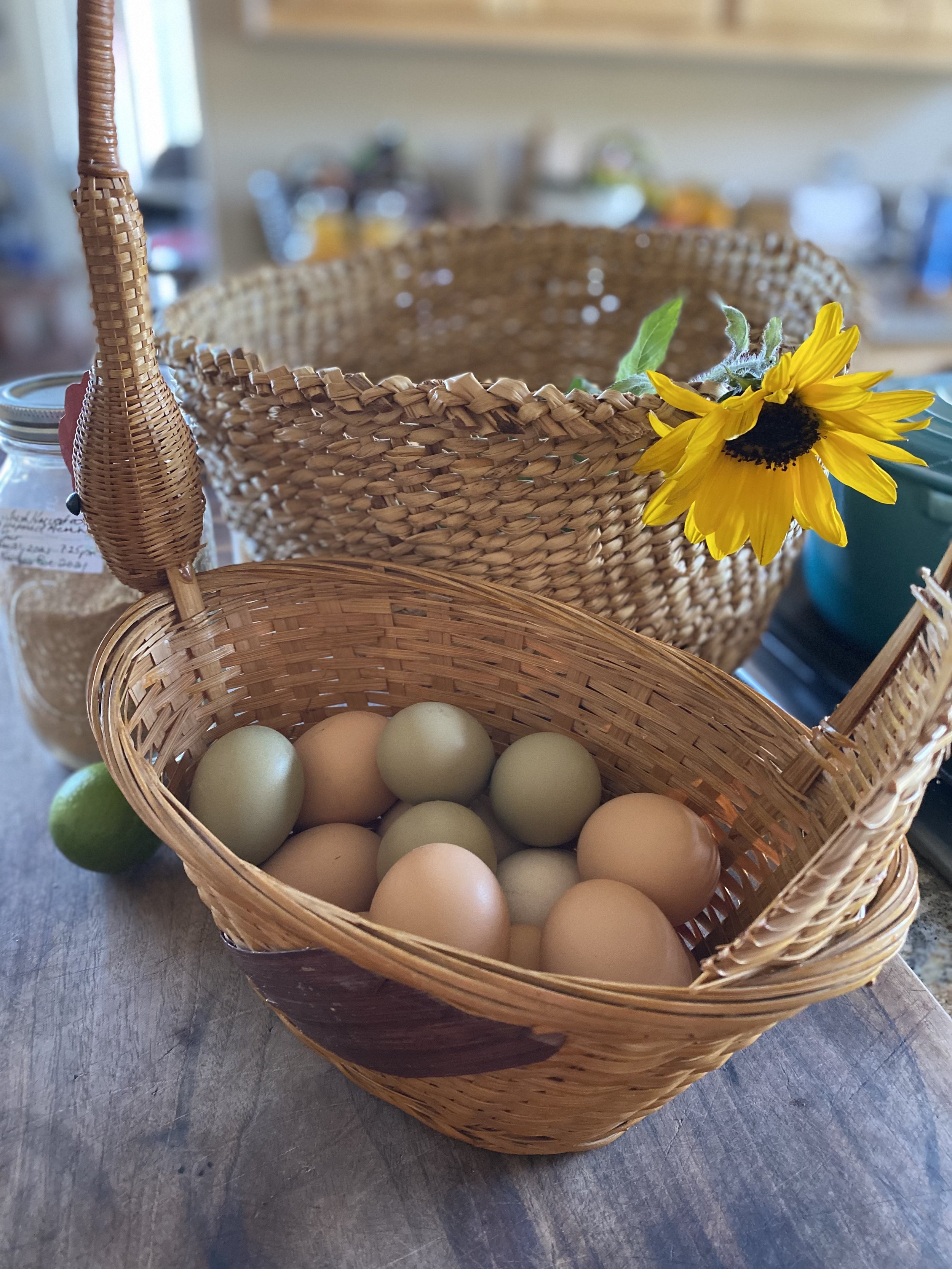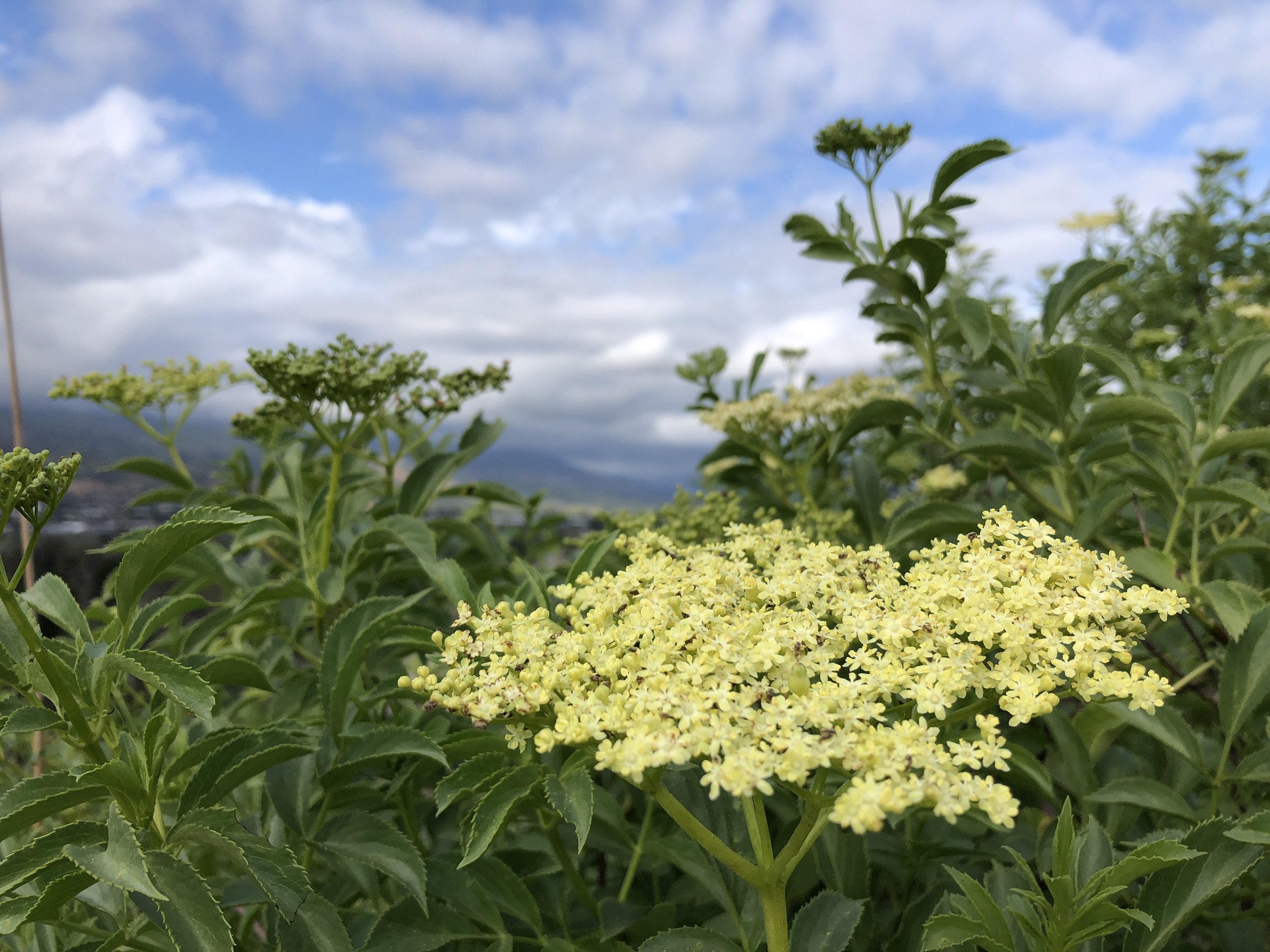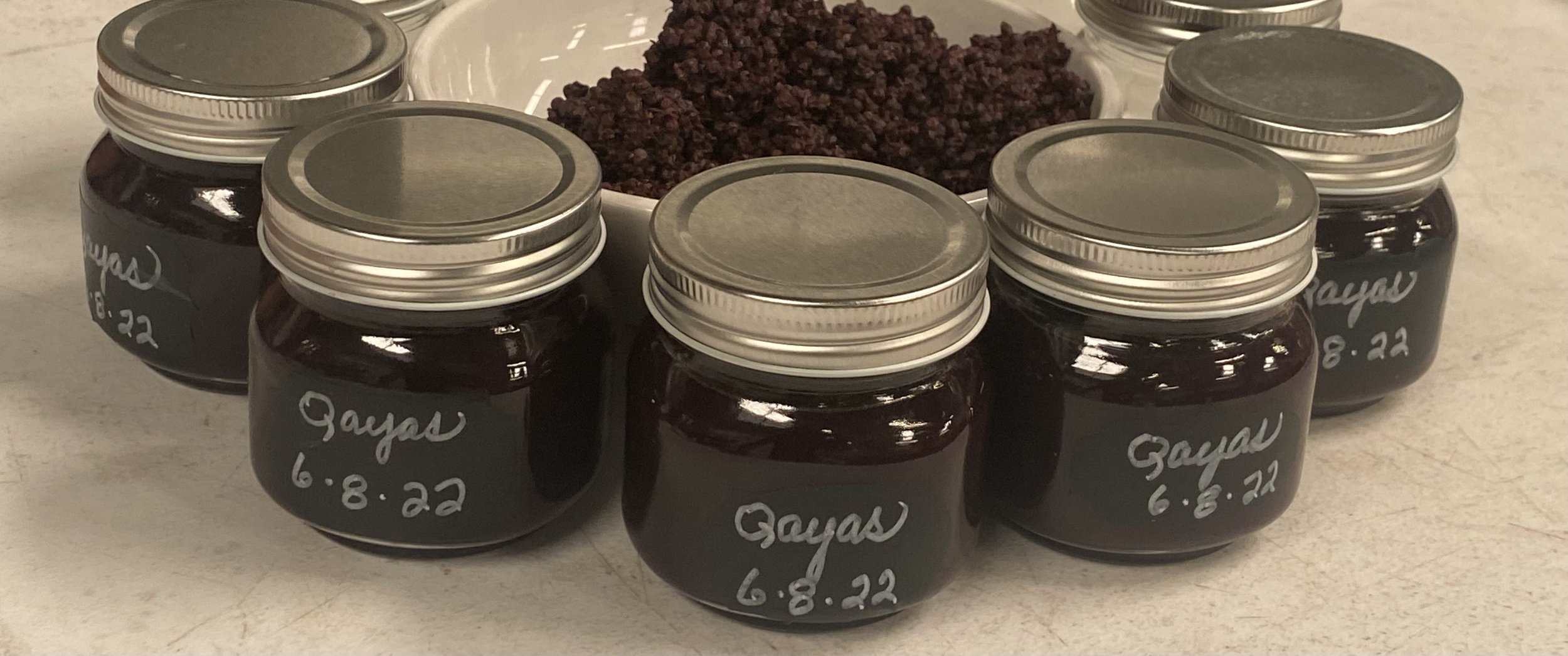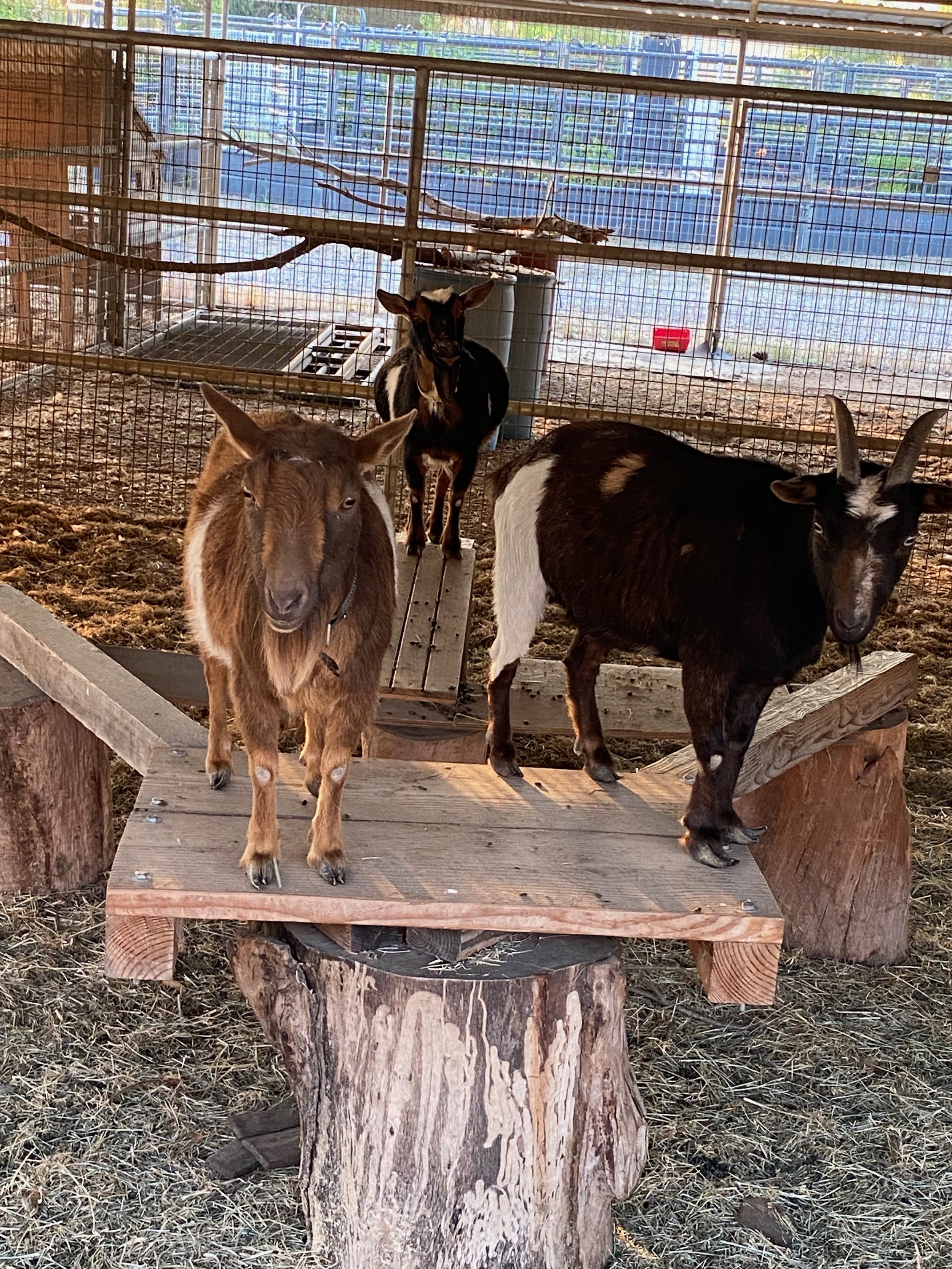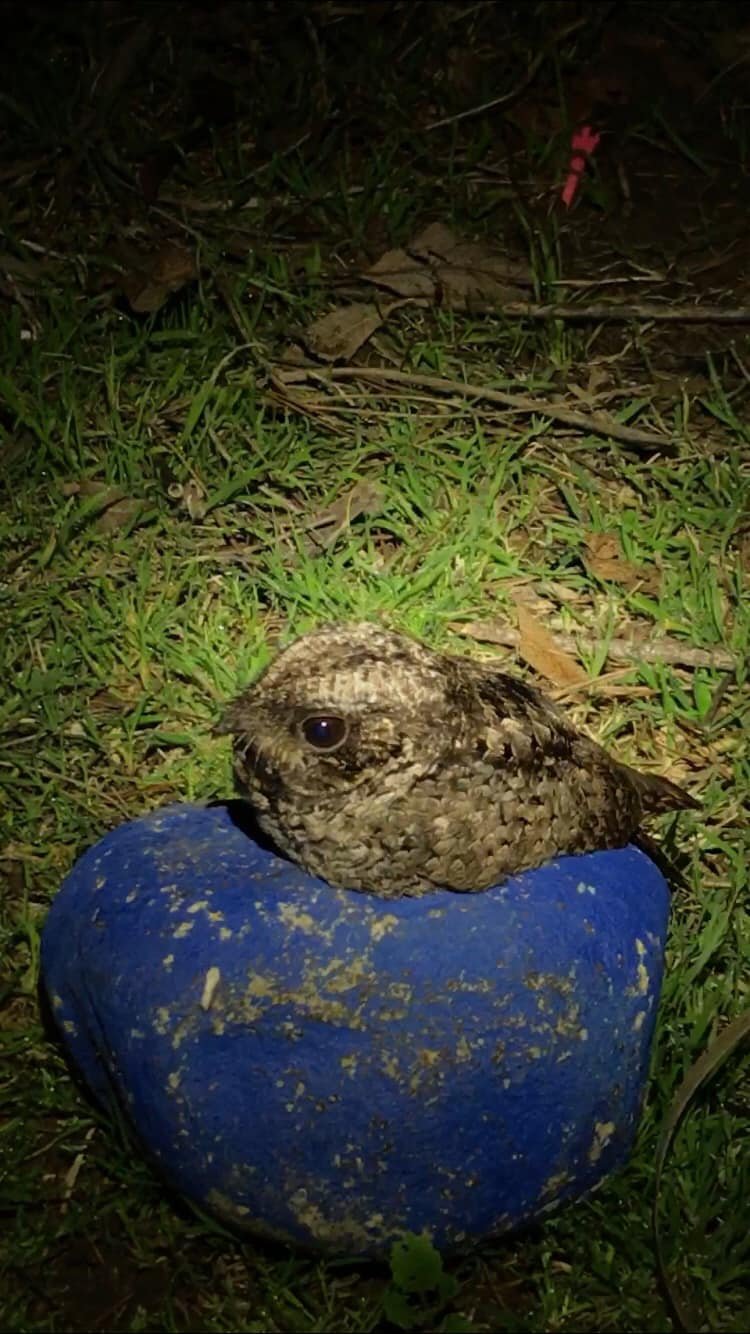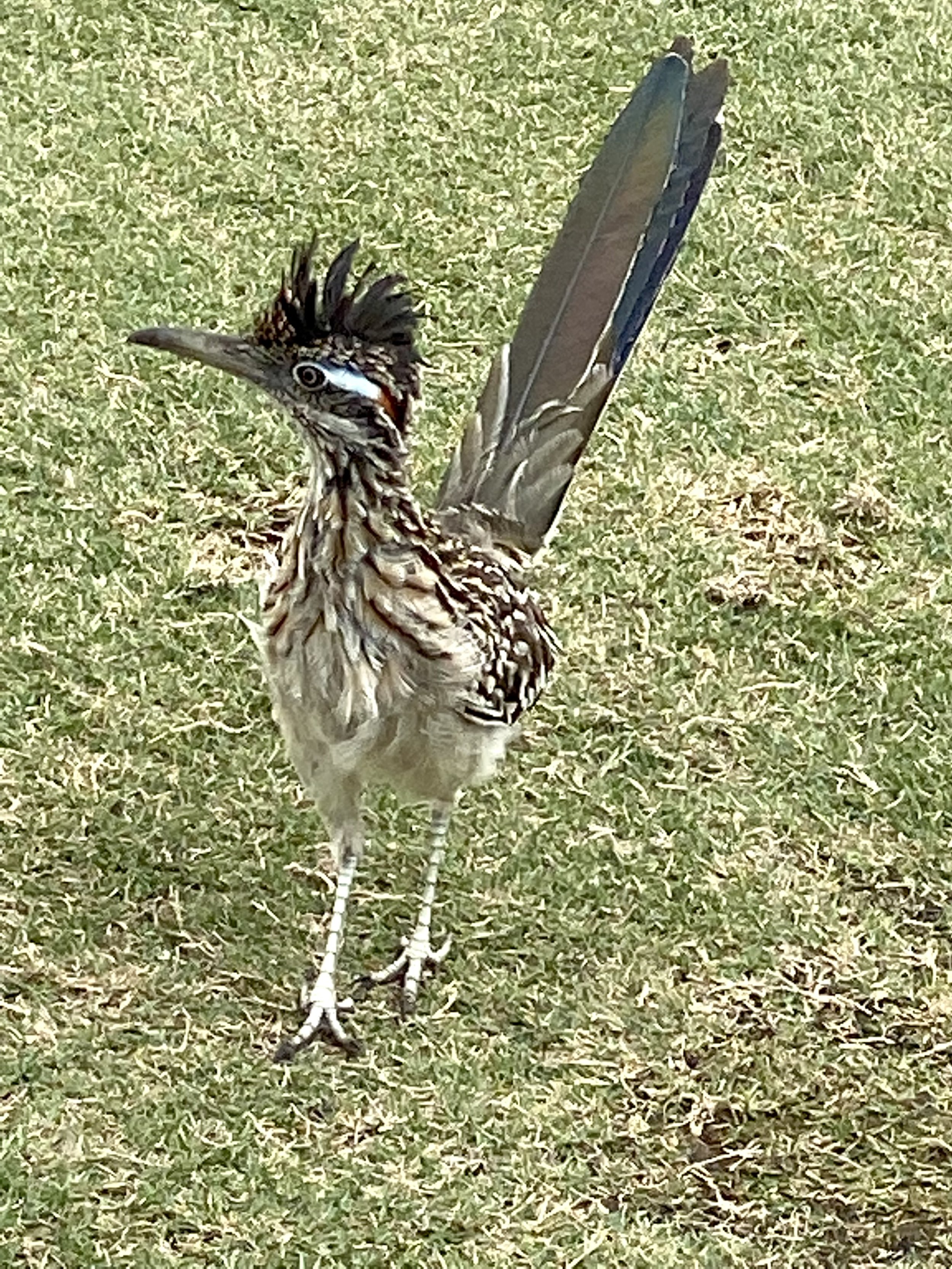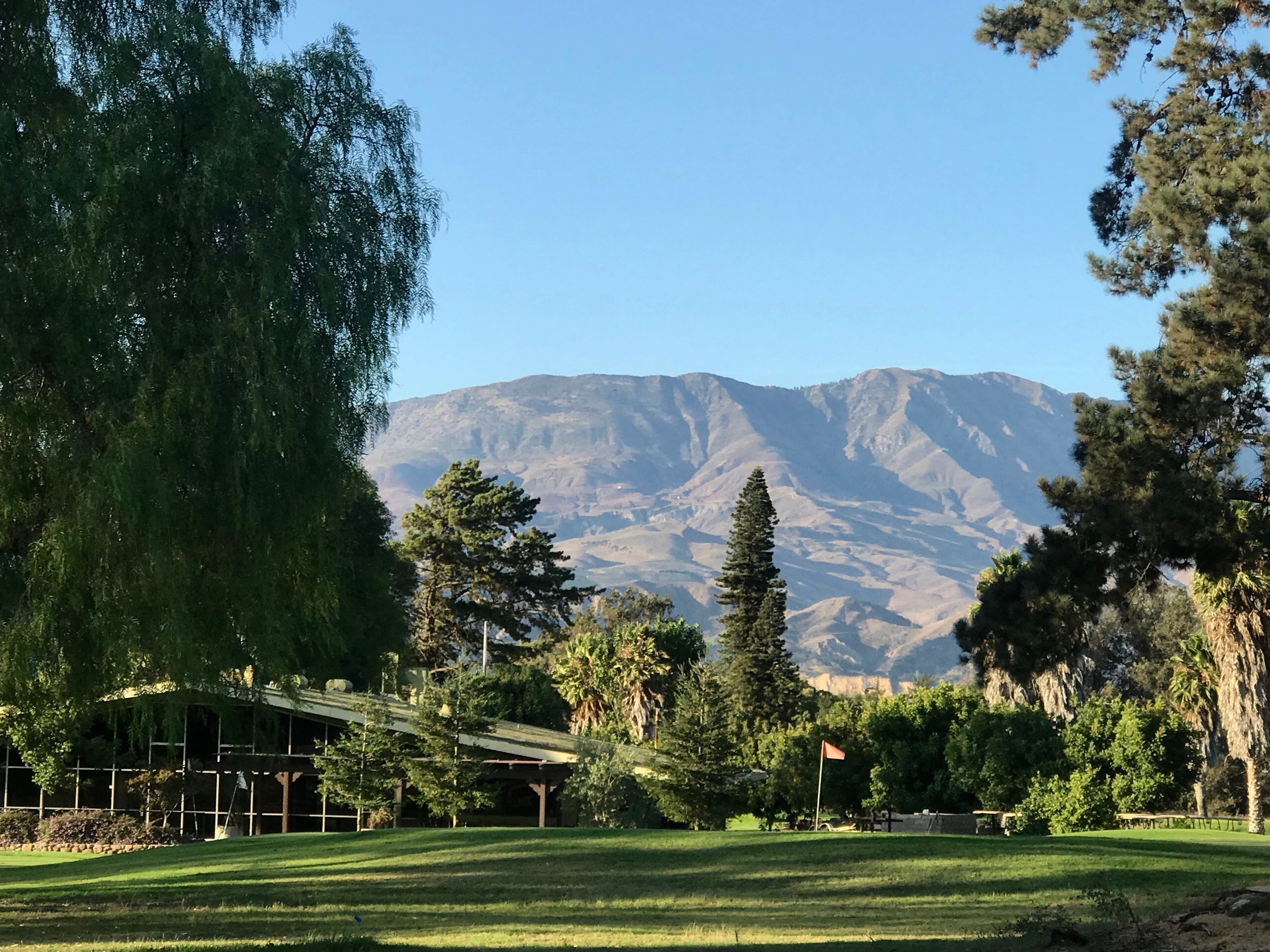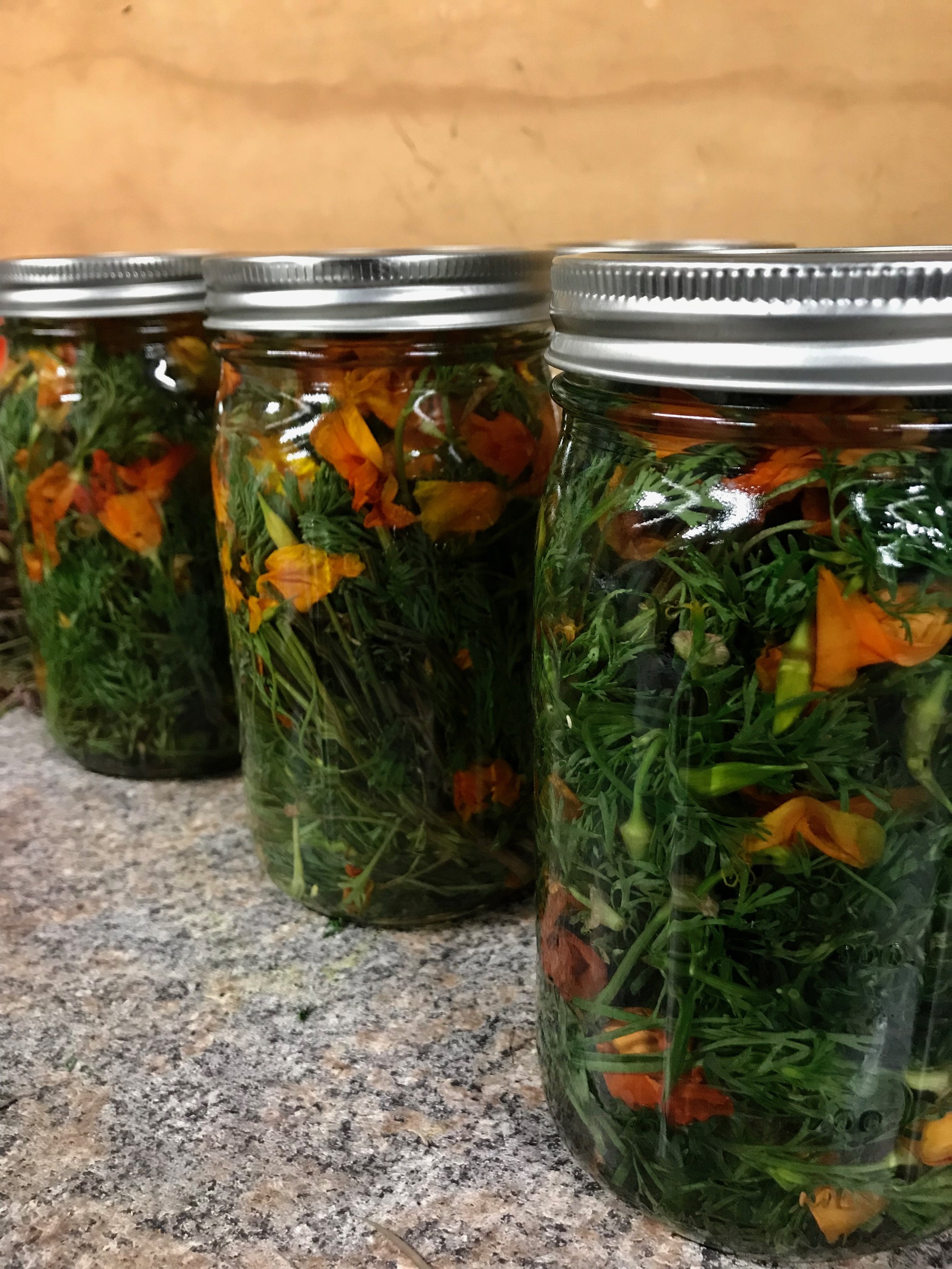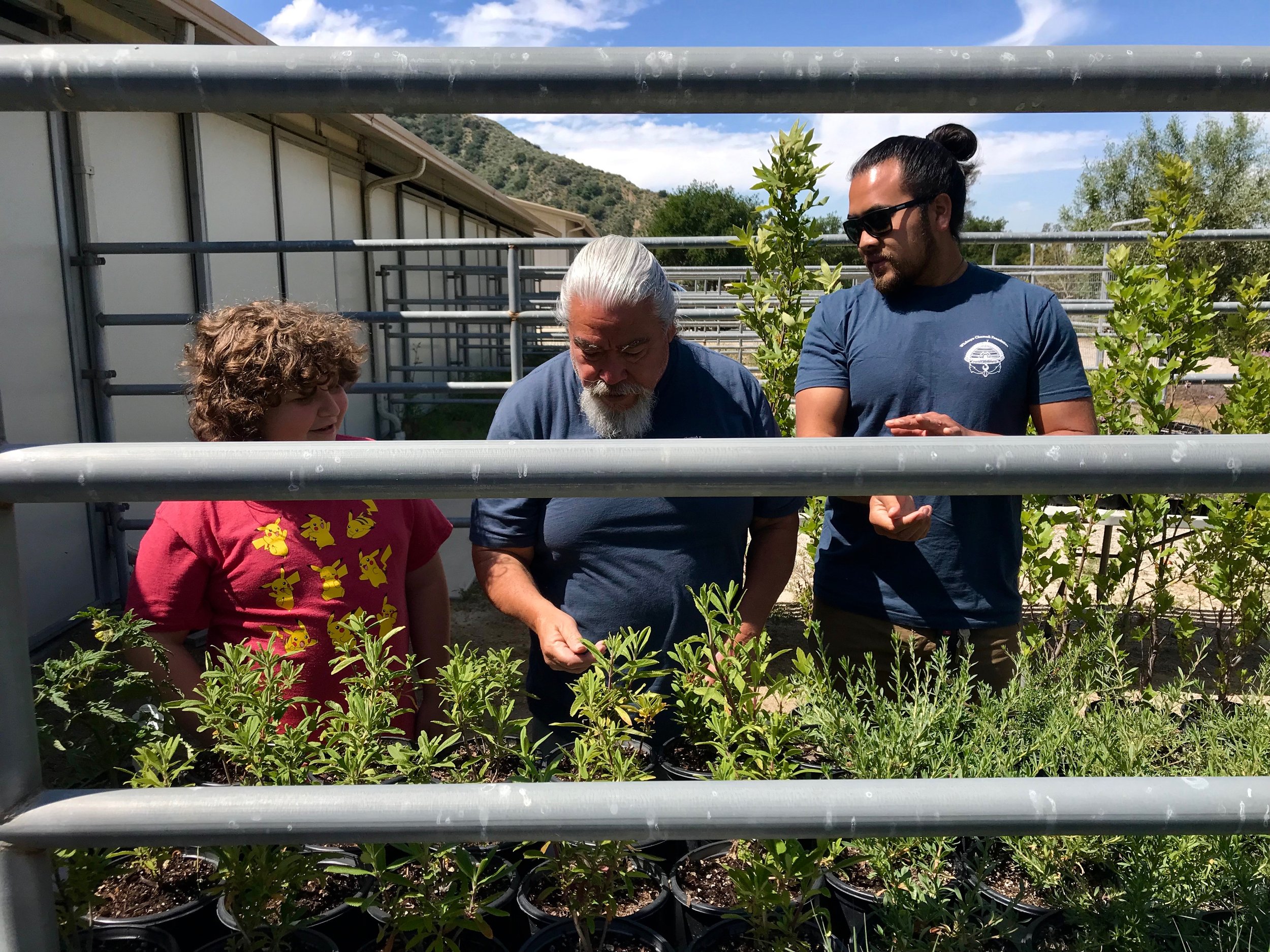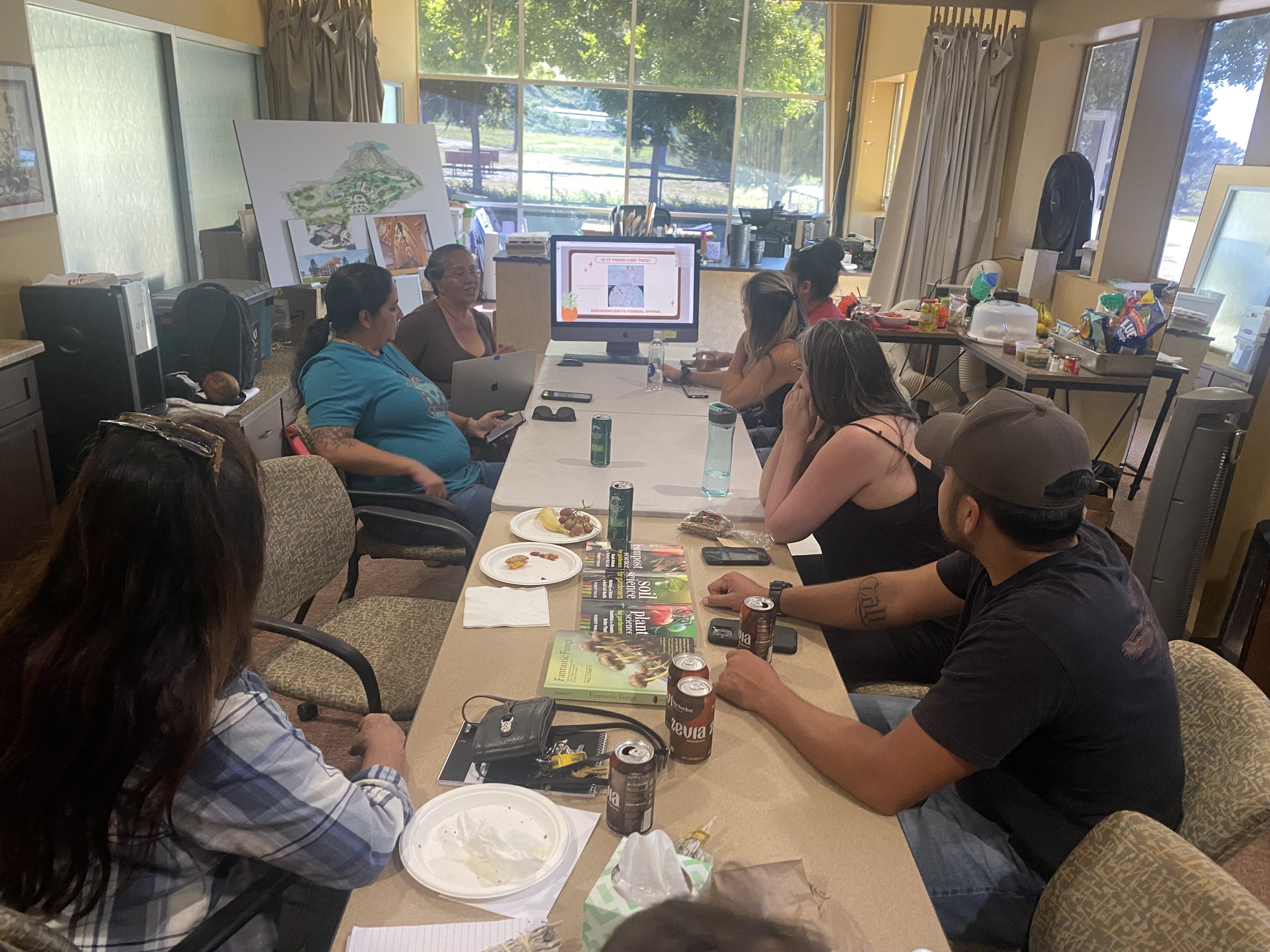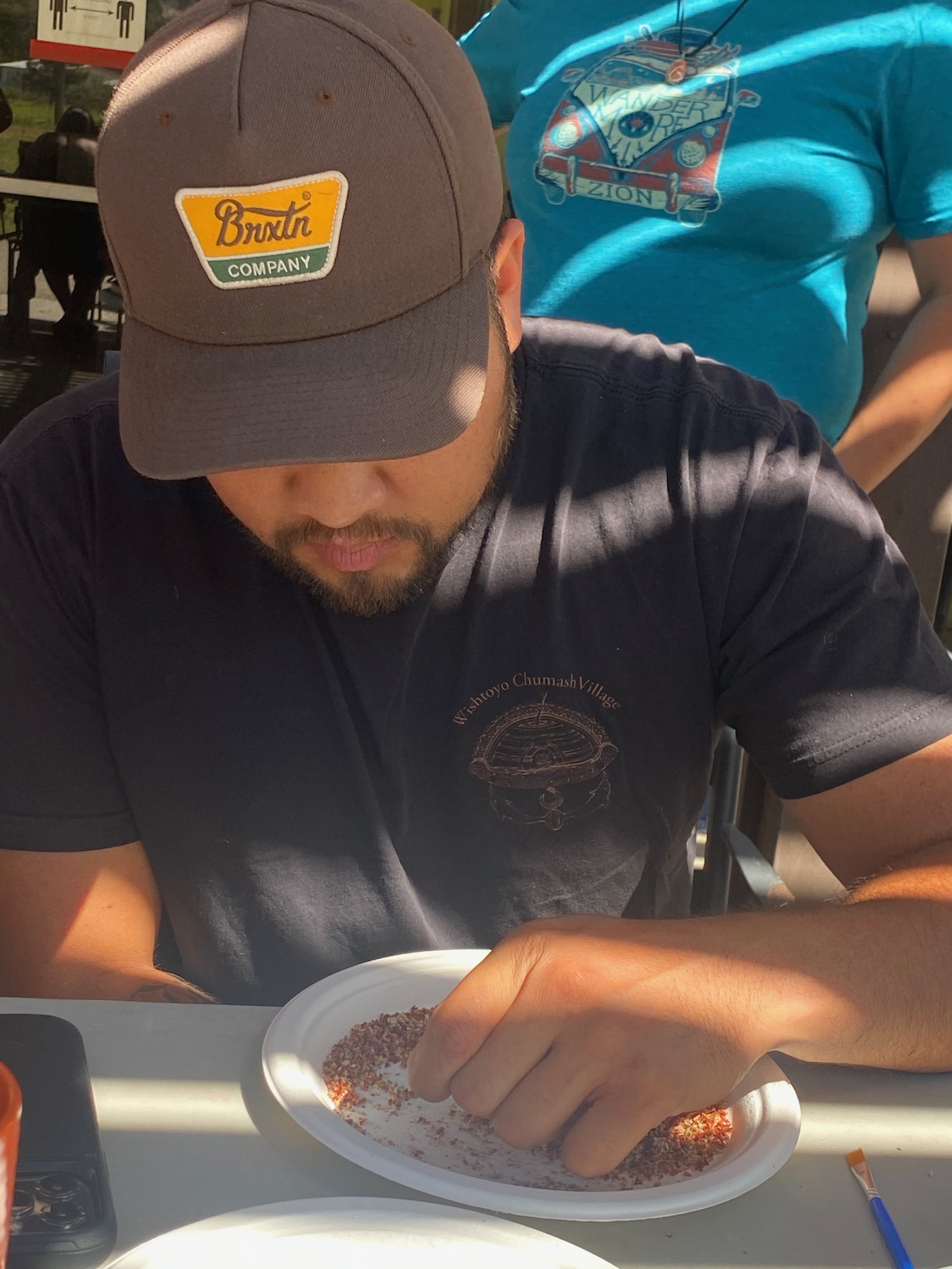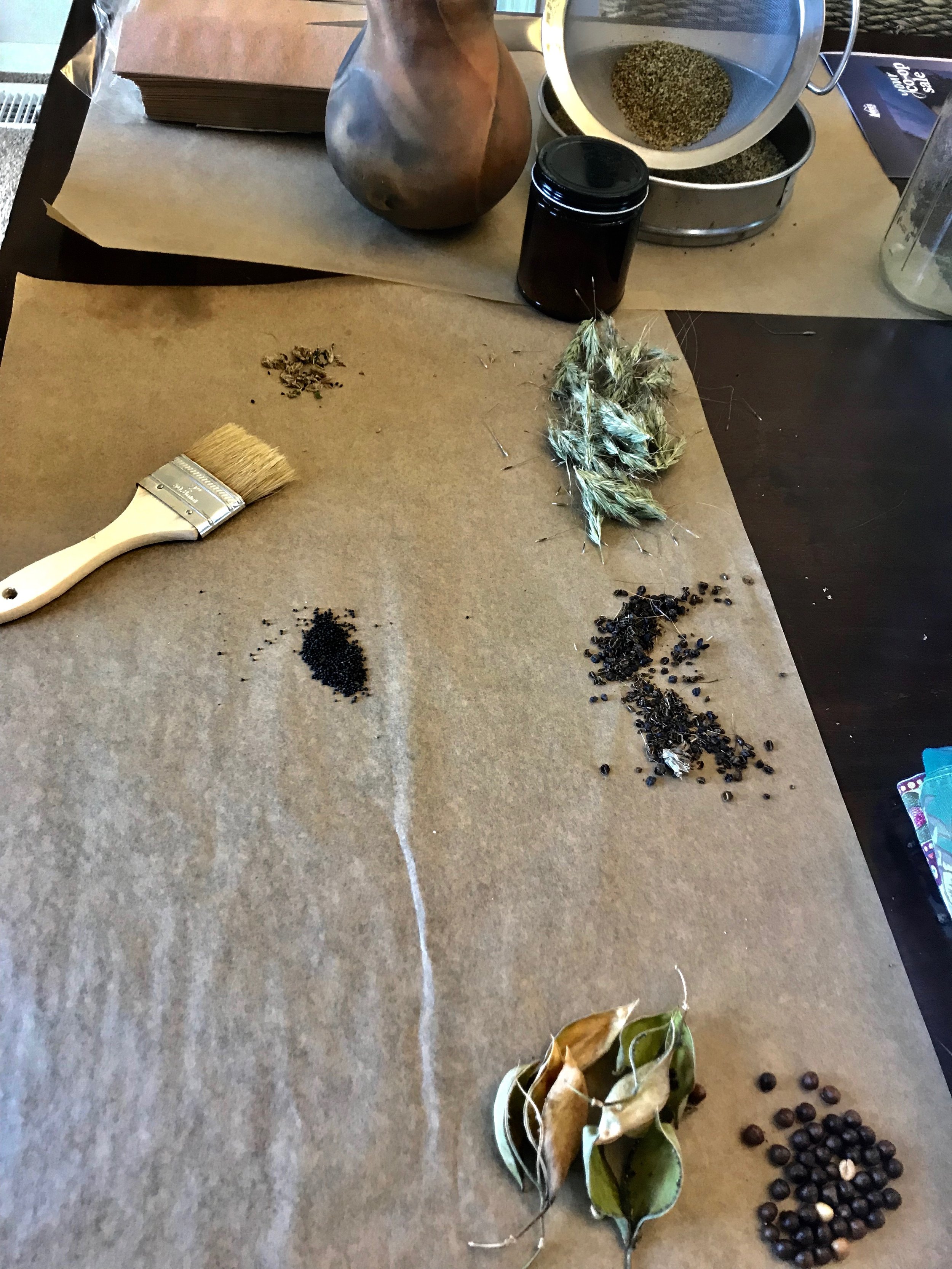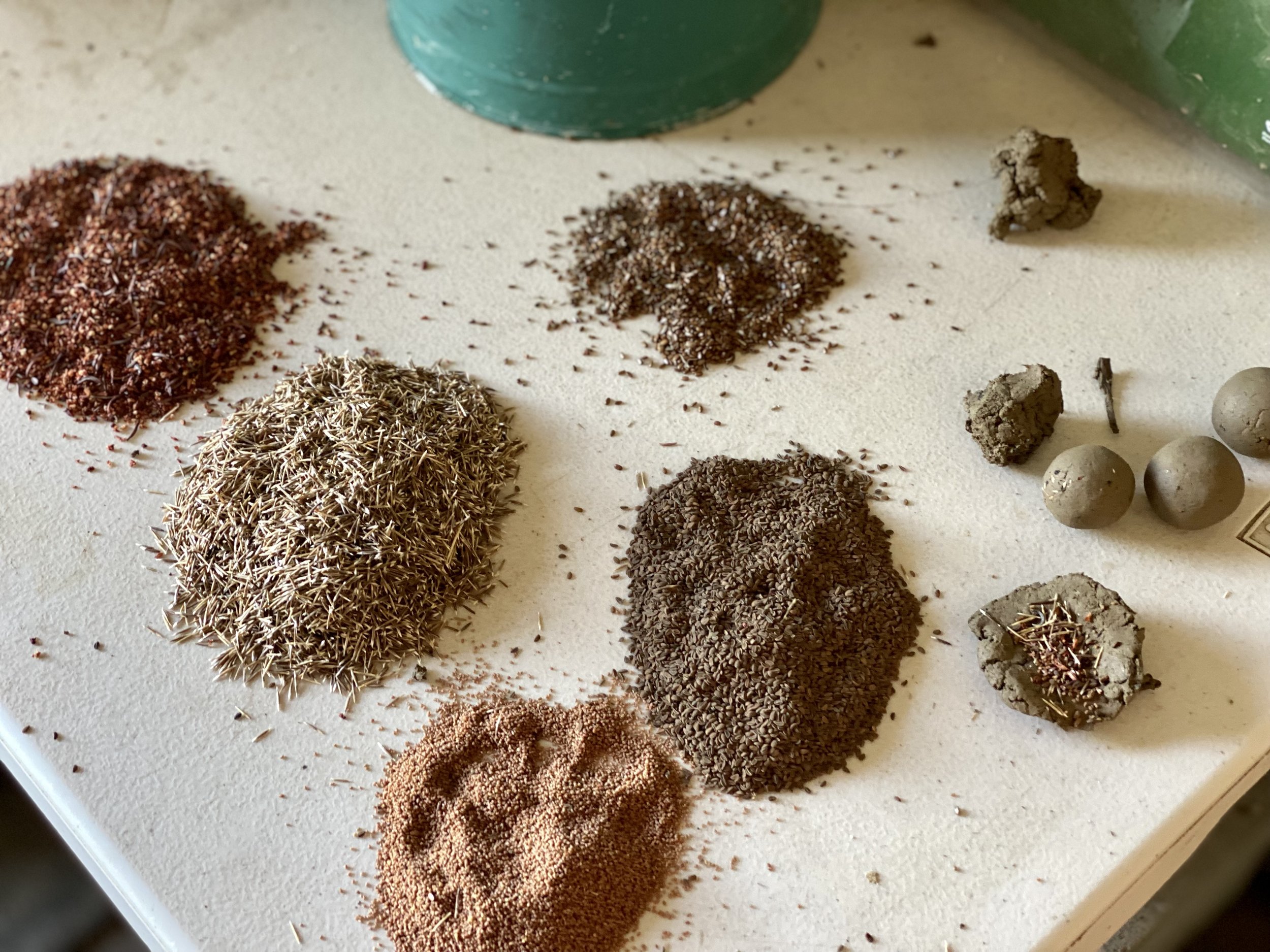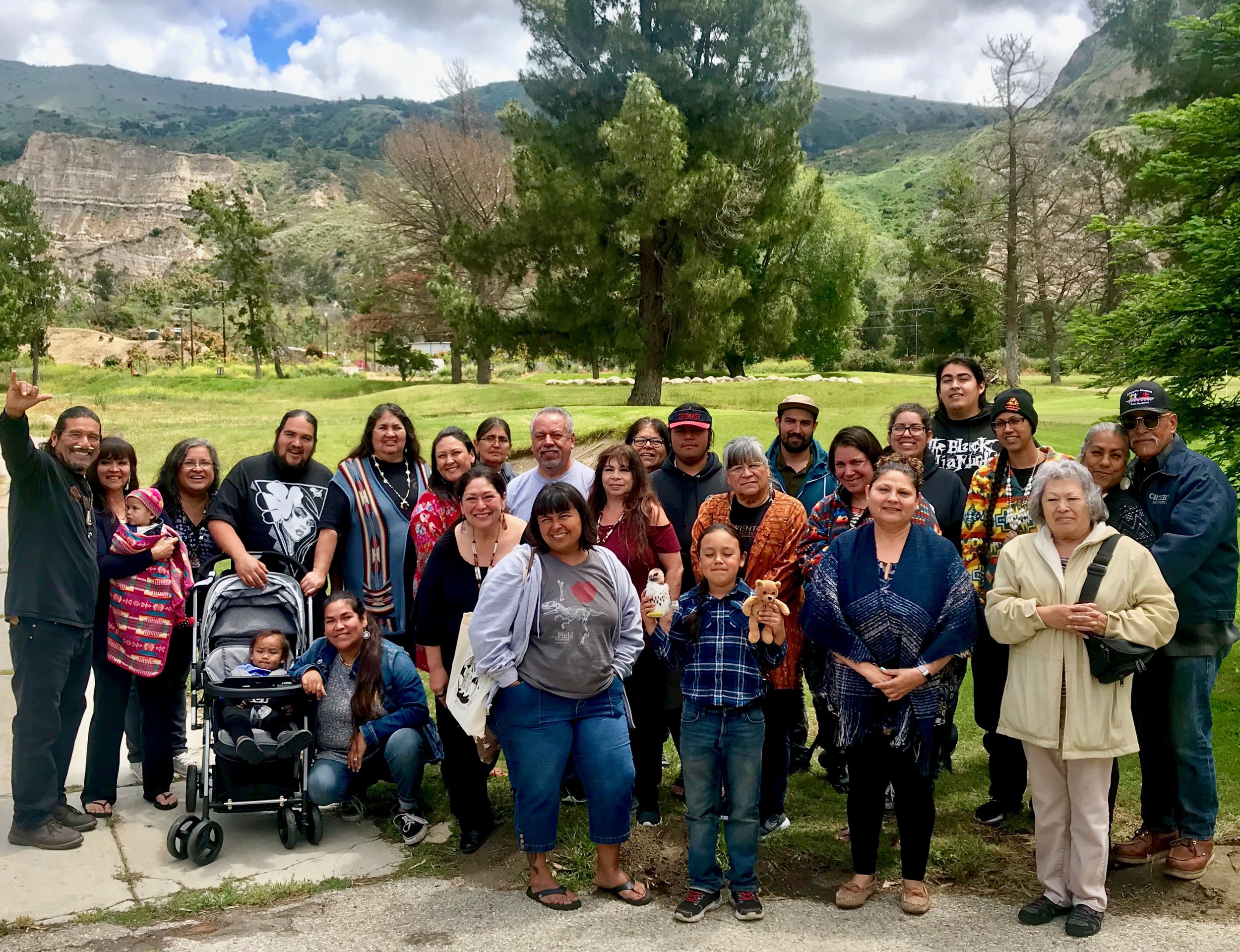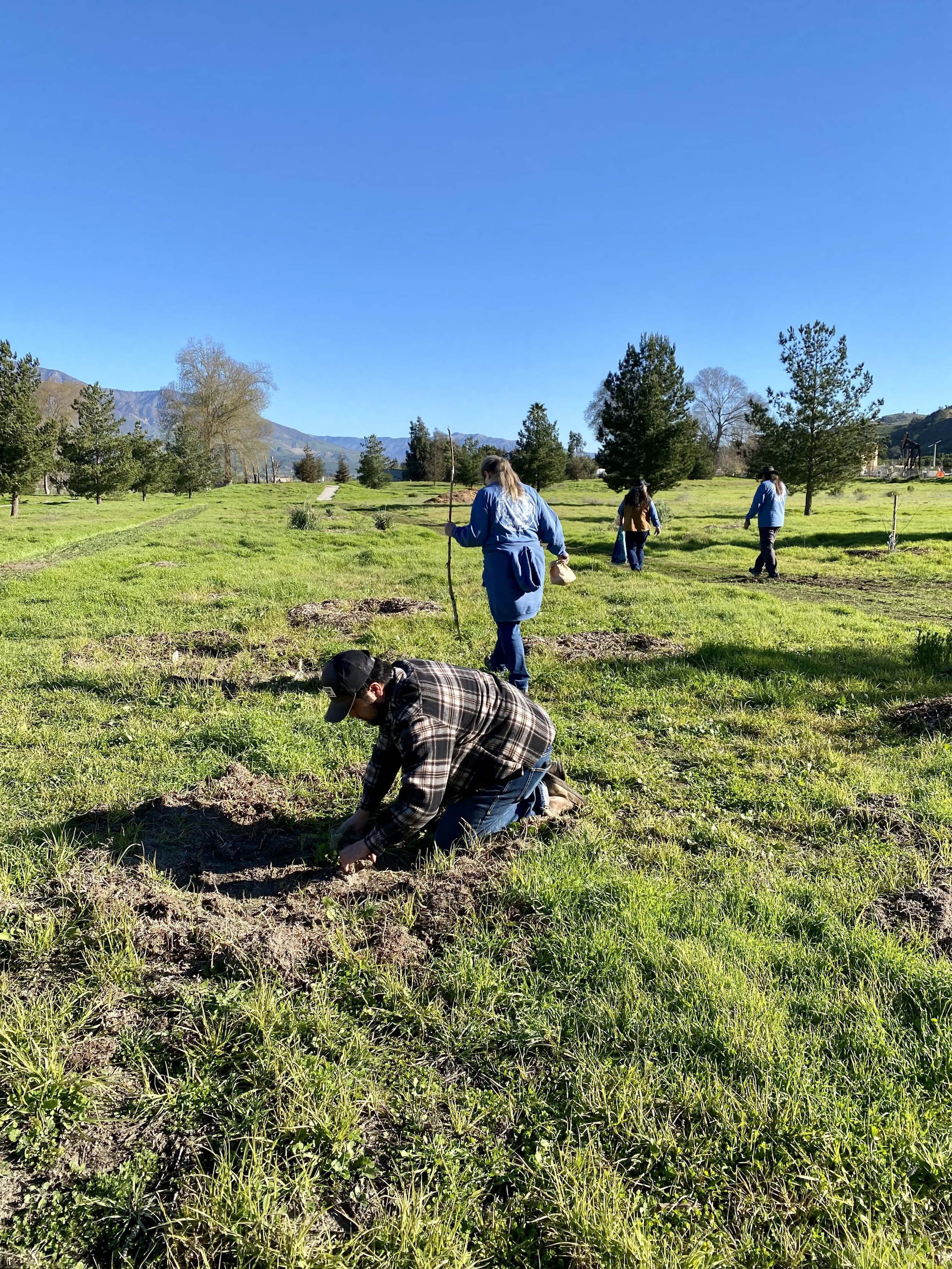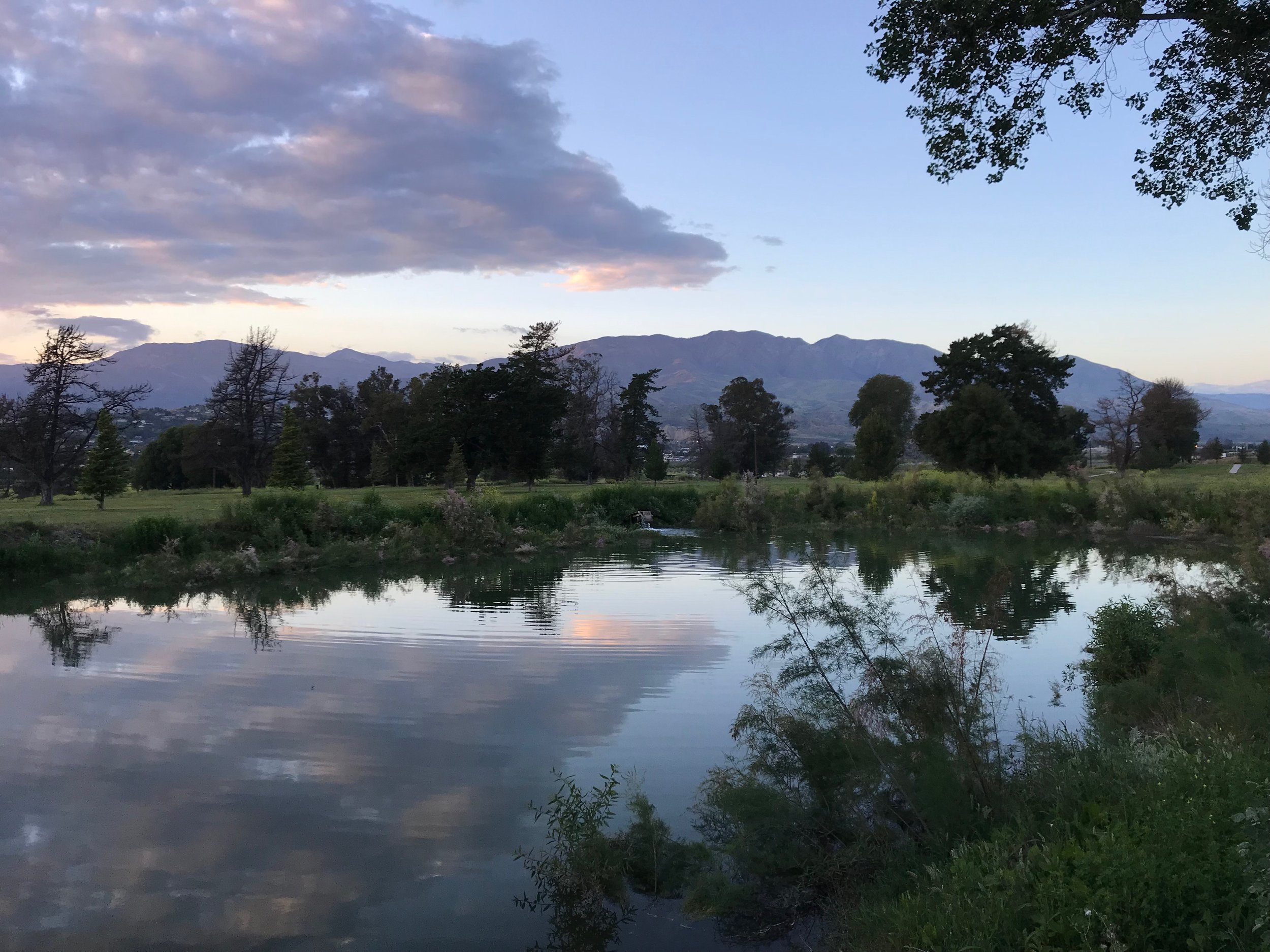
Wishtoyo Conservancy
This is our investment in a future that extends beyond our lifetimes.
Heading inland to unincorporated Ventura County, California, the Wishtoyo Conservancy is a 67-acre land base situated amongst the traditional villages of Sa’a’tikoy (Saticoy), Mupu (Santa Paula) and Sis’a (in Sisar Canyon) along the Utom River (Santa Clara River). We’re in the midst of ongoing restoration work here utilizing regenerative horticulture and Indigenous permaculture practices, allowing natural processes to reclaim the once-dead soil and degraded habitat of this former golf course. We aren’t creating decorative native landscapes, rather, we are re-establishing ecosystem functions that support native ecosystems and the return of wildlife.
Through actively maintaining our Traditional Ecological Knowledge and cultural tending practices, the Wishtoyo Conservancy is becoming a place of cultural learning and community gathering, catalyzing a vibrant cultural and ecological recovery throughout Chumash territory and for all First Nations Peoples. This is our investment in a future that extends beyond our lifetimes.
With our family of cultural consultants, visionaries, engineers, and architects, we have already started to build The Conservancy.

We aren’t creating decorative native landscapes, rather, we are re-establishing ecosystem functions that support native ecosystems and the return of native wildlife.
Restoring Native Food Systems
Connecting to land, culture and identity through ancestral foodways
Wishtoyo’s Restoring Native Food Systems program is working to develop regenerative and sustainable methods of resource management and farming practices. This program seeks to strengthen our community-based Traditional Ecological Knowledge by combining our ancestral foodways with contemporary regenerative agricultural models. Creating our Native led eco-farm and community native seed bank will serve to sustain knowledge about wild tending, harvesting, and traditional food systems. By establishing farming practices that are rooted in traditional knowledge, we nourish the land and our bodies through the food it gives us—ultimately achieving Native food sovereignty. will address these issues by establishing an eco-farm that utilizes regenerative agriculture and traditional ecological knowledge at the Wishtoyo Conservancy in Santa Paula, CA.
Chumash people, as with any Indigenous group, know that for our way of life to continue, we have to be alive. Food insecurity is growing globally. A statistic from 2018 showed that 1 in 4 Native Americans are food insecure, 2x/200% of the national average. Climate change has exacerbated this issue and highlighted the racial inequities that exist across structures in the United States. As the impacts of climate change accelerate and exacerbate already tenuous access to healthy food, Native and other minority populations are disproportionately impacted.
Native food sovereignty is inextricably linked to the health of our natural world and the health of Native communities, and the time to act is now. Restoring Native Food Systems furthers Wishtoyo's mission to protect and promote Chumash and Indigenous lifeways by promoting sustainable farming practices that can increase the agricultural productivity and incomes of small-scale food producers.
Cultivating a Tending and Gathering Practice
Collectively-held traditional knowledge is transmitted over generations through community-based engagement. We will ensure the continuity, maintenance, and development of these practices and knowledge systems that originate from time immemorial—and will persist in perpetuity.
Traditional Ecological Knowledge, along with Indigenous values and a connection to the land and culture, guide us in every action we take.
Workshops and Training
With a focus on native plants and Traditional Ecological Knowledge, this program fosters community wellness, allows Chumash cultural lifeways to continue to flourish, and reinforces the practice of traditional resource management. In collaboration with Syuxtun Plant Mentorship Collective, Wishtoyo offers workshops and trainings in native plants and traditional ecological knowledge facilitated master herbalist, Julie Cordero-Lamb. Through these workshops, participants are engaged in the collectively-held traditional knowledge of the Chumash community. These workshops foster community wellness, allow Chumash cultural lifeways to continue to flourish, and reinforce the practice of traditional resource management, and tending our intimate relationships with our homelands.


